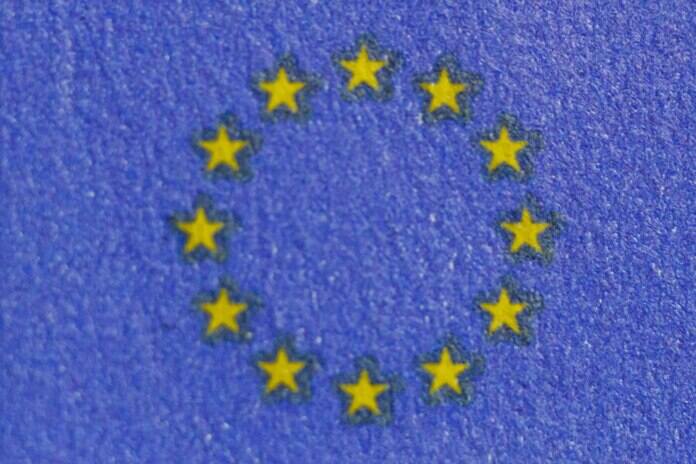Inflation in Europe dipped more than anticipated in March, easing to 2.4% as price spikes in groceries eased and overall price increases slowed in major economies like Germany and France.
The annual inflation rate for the eurozone, comprising 20 countries, came in below the 2.5% predicted by financial markets, edging closer to the European Central Bank’s (ECB) target of 2%. Despite this decline from February’s 2.6%, analysts suggest it may not be sufficient to prompt the ECB to cut interest rates.
The ECB’s rate-setting council is scheduled to meet next week, but a rate cut is not expected until June, despite the sluggish economic growth, according to several analysts.
Food inflation dropped to 2.7% from 3.9%, and energy prices fell by 1.8%, based on data from Eurostat, the European Union’s statistics agency. Core inflation, which excludes volatile items like food and energy, also eased to 2.9% from 3.1% in February.
Annual inflation in Germany fell to 2.3% from 2.7%, and in France, it dropped to 2.4% from 3.2%. The data from Germany, the largest economy in Europe, is seen as a relief for the ECB, according to Carsten Brzeski, global head of macro at ING bank.
However, high prices for services, such as movie tickets and medical care, remain a concern, and ECB officials are likely to scrutinize the latest wage data, analysts say.
“We think the ECB will commence with rate cuts in June,” said Rory Fennessy, senior economist at Oxford Economics. “While core inflation eased, the stubbornness of services inflation and the desire for more wage data makes an April rate cut unlikely.”
In contrast, the U.S. Federal Reserve is also expected to cut rates later this year, with officials indicating three rate cuts, despite a slower decline in inflation there.
In 2022, European inflation surged to a record high of 10.6% due to Russia cutting off most of its natural gas supply to the continent over the war in Ukraine. This sent energy prices soaring and triggered a cost-of-living crisis.
Although these price pressures have eased, workers are now seeking higher pay to offset lost purchasing power, which has slowed the decline in inflation. This has made the ECB cautious about cutting interest rates too soon.
The ECB had raised its key rate from minus 0.5% to a record-high 4% between July 2022 and September 2023 to combat inflation. However, rate hikes can also dampen economic growth, leading to speculation about when the ECB will start cutting rates to support the sluggish economy.
Featured Image: Freepik









